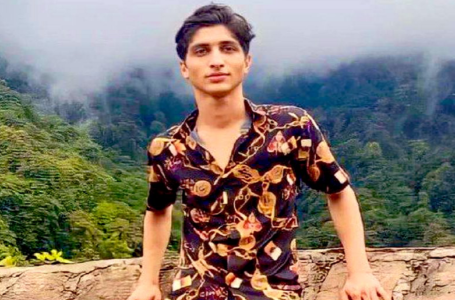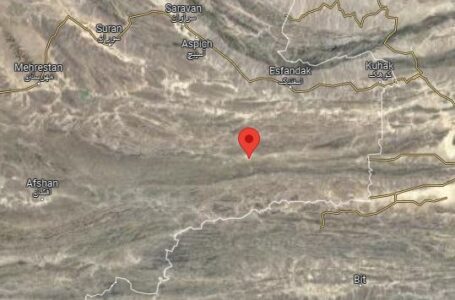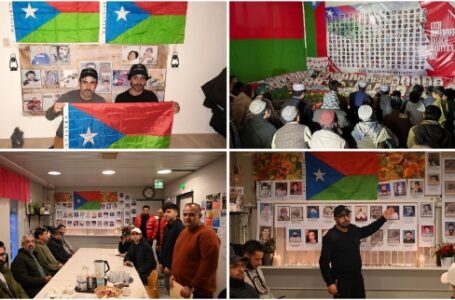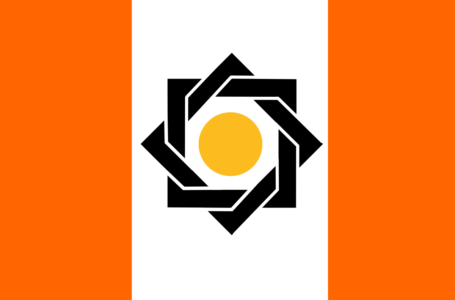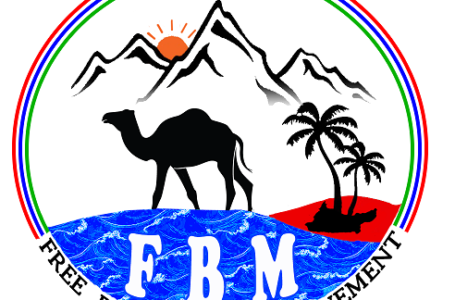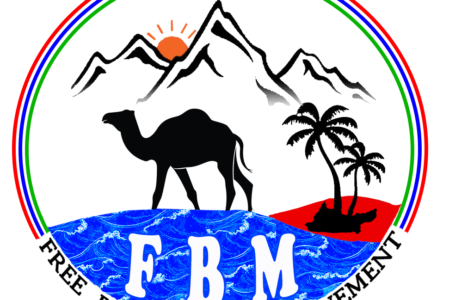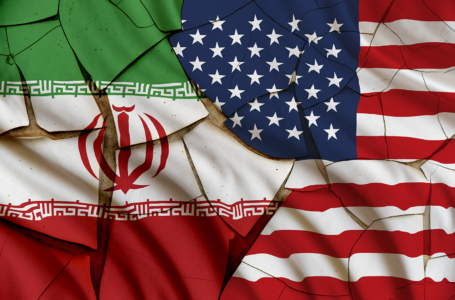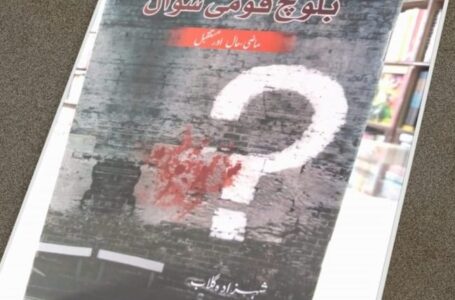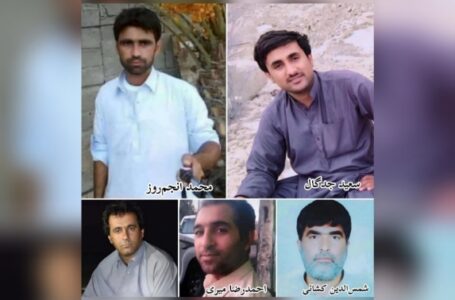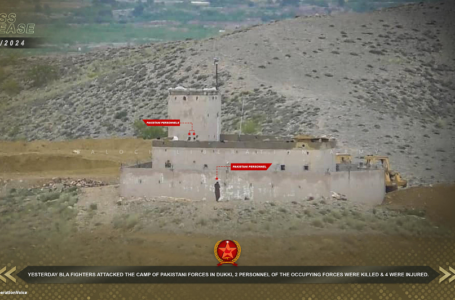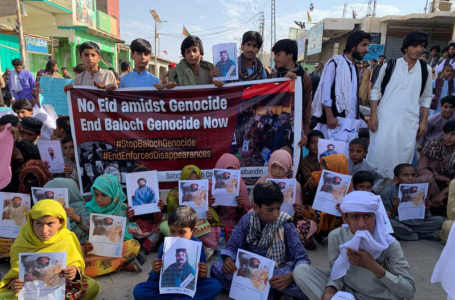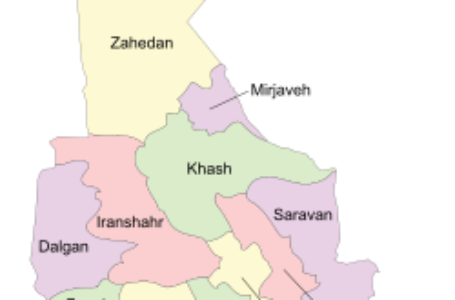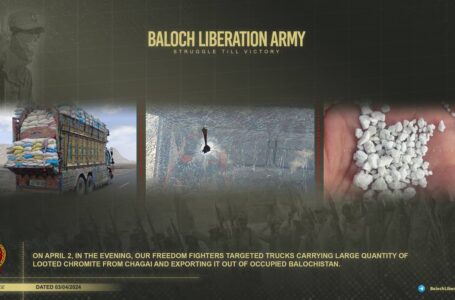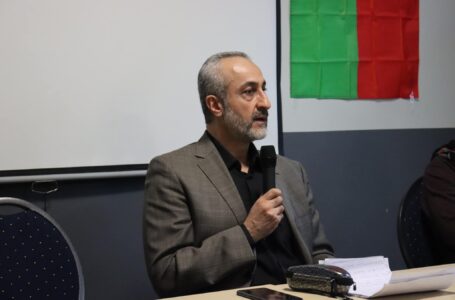Foreign countries should refrain from becoming Pakistan’s partner in Baloch Genocide: FBM
Freedom is only option for Baloch nation
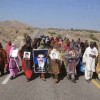
by Mir Haan
Occupation or colonization of a nation has never been considered within the acceptable realm of democratic and enlightened norms. It is the most demeaning act that can easily quash the complete social and moral fabric of an otherwise progressive nation. It is correctly considered as the worst form of despotic measure that totally hinders and suppresses the advancement and progression of any society.
With tools such as corruption, injustice and introduction of social evils, the occupier curbs the innovative abilities of the nation it occupies. An occupied nation becomes deprived of any kind of legal, educational, economic and social institutions of its own. The society catastrophically becomes sluggish and uncultured. The occupier leaves no stone unturned to strengthen the evil forces of the occupied society. It is because the interests of an occupier are totally imbued with economic motives and these motives stand in unembellished dissimilarity with the interests of the occupied nation.
The more an occupied nation is suppressed and brutalized the higher are the opportunities for the occupier to exploit their wealth and resources. It is this reason that the occupiers continuously humiliate and suppress the occupied nation to instill an environment of fear and distress. But they forget the fact that brutalities focused to clear the way for more exploitation backfire and trigger in the occupied nation a sense and fashion to resist against the occupier. This resistance continues till the dawn of freedom because it is only the freedom and decolonization that is the sole solution of any occupation and colonization. Unless a nation is not freed any social and moral development in them remain impossible.
Every nation has universal right to complete independence but the extent to which this right can be secured depends on the amount of force that a nation is prepared to exert. This force can either be in the form of non-violent resistance politics or in form of armed resistance. Though armed resistance has been discouraged in modern history but it is still a universally legitimate right that a nation holds to practice in self-defense when there is no other choice.
The Kachins, Kurds, Tamils, Palestinians and Baloch nation are all occupied by foreign intruders and they have full rights to break free from the yoke of slavery in any method possible. This occupation has inflicted pain, death and destruction on these countries that are beyond comprehension. Interestingly all occupied nations have enormous similarities with regards to brutalities and the resistance to these brutalities. There are massive opportunities in each struggle for learning and inspiration for other nations who are also struggling against a tyranny.
The occupation of Balochistan and Palestine are similar in various aspects but have very massive differences too. Though both nations had started facing problems since early 20th century but the black days started in 1948. The Palestine faced al-Nakba whereas the Baloch land was occupied for another time after a period of more than eight months of Independence. Since then both nations have faced the worst kind of repression and brutalities. They have gone through gory military operations including air raids and mass killings.
In a similar way both the nations have struggled against the occupiers with full vigor and have never relented in their struggle for independence. They have resisted the occupiers with all means and this has inflicted uninvited bloodshed as it has been in any other war of independence. The brutalities against Baloch nation have never been less, if not more, than those by Israel against Palestinians but the Palestinians have been lucky and their sufferings have been reported widely in international media whereas the carnage in Balochistan goes unreported but unabated.
But the massive difference between both the movements is in the nature of the struggles. Though the Palestinian struggle has involved nationalism and protection of their land but it is also massively conditioned with Islamism and to an extent fundamentalism. Whereas the Baloch struggle against Pakistani occupation has been totally based on secular and liberal values more because of the historical secular nature of Baloch people. It will not be wrong to say that the Baloch struggle has less of Hammas but more of PFLP in it.
The struggle of Palestinian people has been a great source of inspiration for Baloch nation. It has engrained a divine consciousness in the minds of Baloch people that no matter how brutal the occupier is the struggle for emancipation should never dwindle.
One of the first pictures, I saw, of Baloch women holding posters against Pakistani aggression in Balochistan contained the name Laila Khalid on it. “Dictator! The Laila Khalid of Baloch is coming” were the words written on the poster, which a young Baloch woman was holding. The most a suppressed nation can get encouraged is the struggle of another suppressed nation. It engrains a great satisfying sense of realization of the power a suppressed nation holds in the form of its people. It wouldn’t be wrong to say that the current escalation of women’s participation in Baloch struggle is mostly inspired by the women activists of Palestine and Kurdistan.
It is not limited to this aspect only. Along with Laila Khalid other names and terms like Habaash, PFLP, and Intifada etc. are very familiar in the politics of Baloch nationalism. References to the struggle of Palestine and the revolutionary characteristics of Palestinian leadership are frequently used in study circles, speeches and other political literature of Baloch politics.
It is an established fact that Baloch people and Palestinians both know that the repression and subjugation they are going through is neither natural nor necessary. This realization has drawn both the nations to struggle relentlessly against their suppressors until they overcome, which is inevitable.

